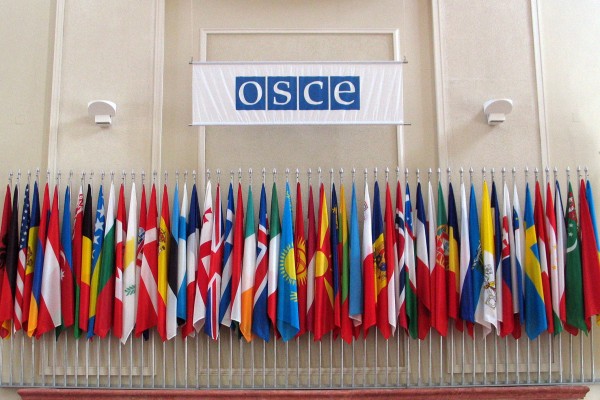Sponsored Content
Switzerland Will Assume the OSCE Chairmanship in 2026
Switzerland will assume the Chairmanship of the Organization for Security and Co-operation in Europe (OSCE) in 2026. This was announced today by Ian Borg, Malta's Deputy Prime Minister and Chairperson-in-Office of the OSCE. The 57 participating states of the organization took the decision unanimously and underlined their collective confidence in the OSCE's ability to act.
 In 2026, Switzerland will assume the Chairmanship of the Organization for Security and Co-operation in Europe (OSCE) for the third time after 1996 and 2014. / Picture: © OSCE / Mikhail Evstafiev (CC BY-ND 4.0)
In 2026, Switzerland will assume the Chairmanship of the Organization for Security and Co-operation in Europe (OSCE) for the third time after 1996 and 2014. / Picture: © OSCE / Mikhail Evstafiev (CC BY-ND 4.0)
“Today we have reaffirmed our confidence in the organization and its ability to deliver on its mandate,” said Ian Borg. “I congratulate Switzerland on its willingness and commitment to take on this important task. We look forward to working closely together as part of the OSCE Troika from January 1, 2025.” The Troika, consisting of the current, previous, and future…
or Log In
Fast News Search





